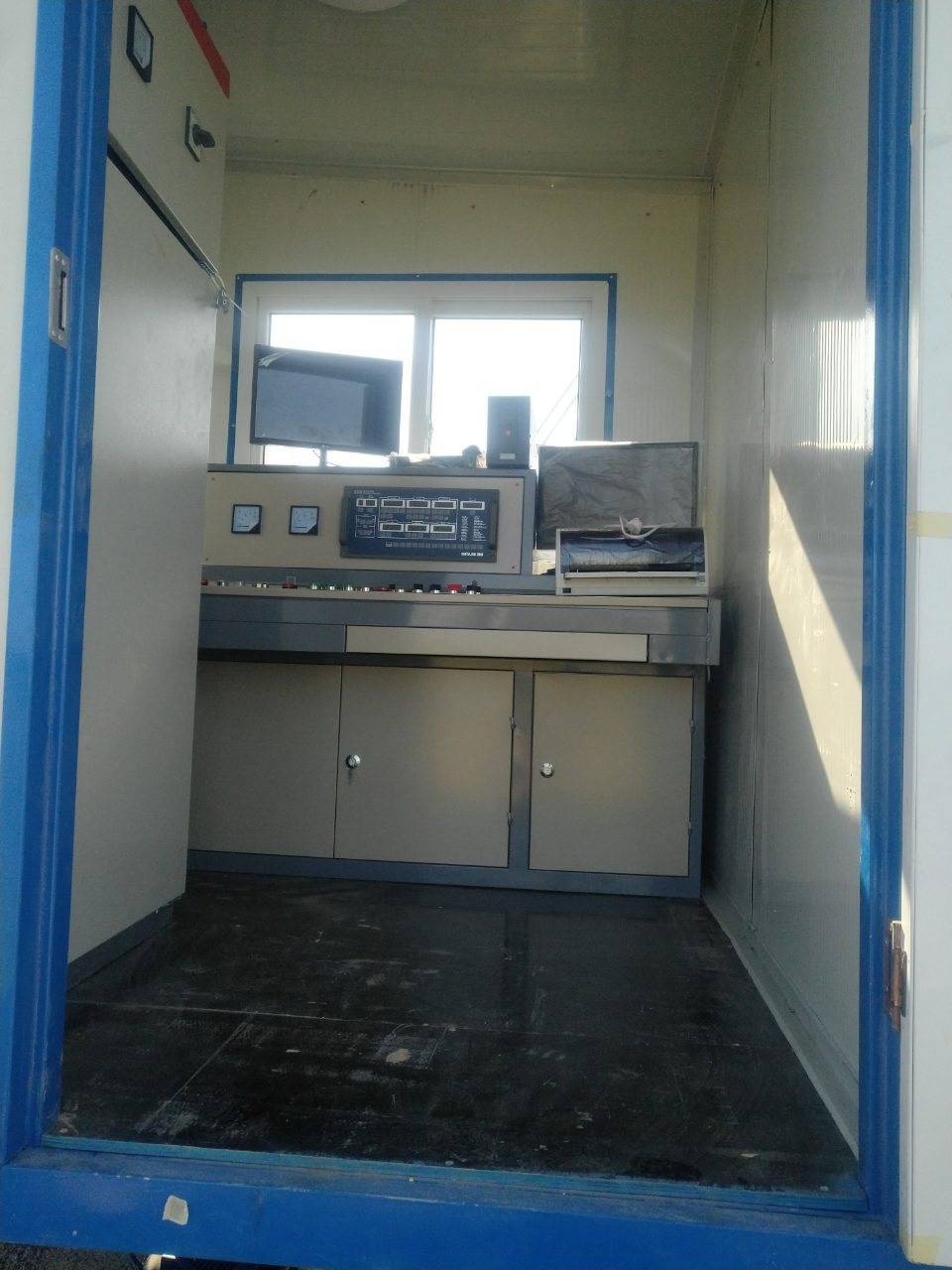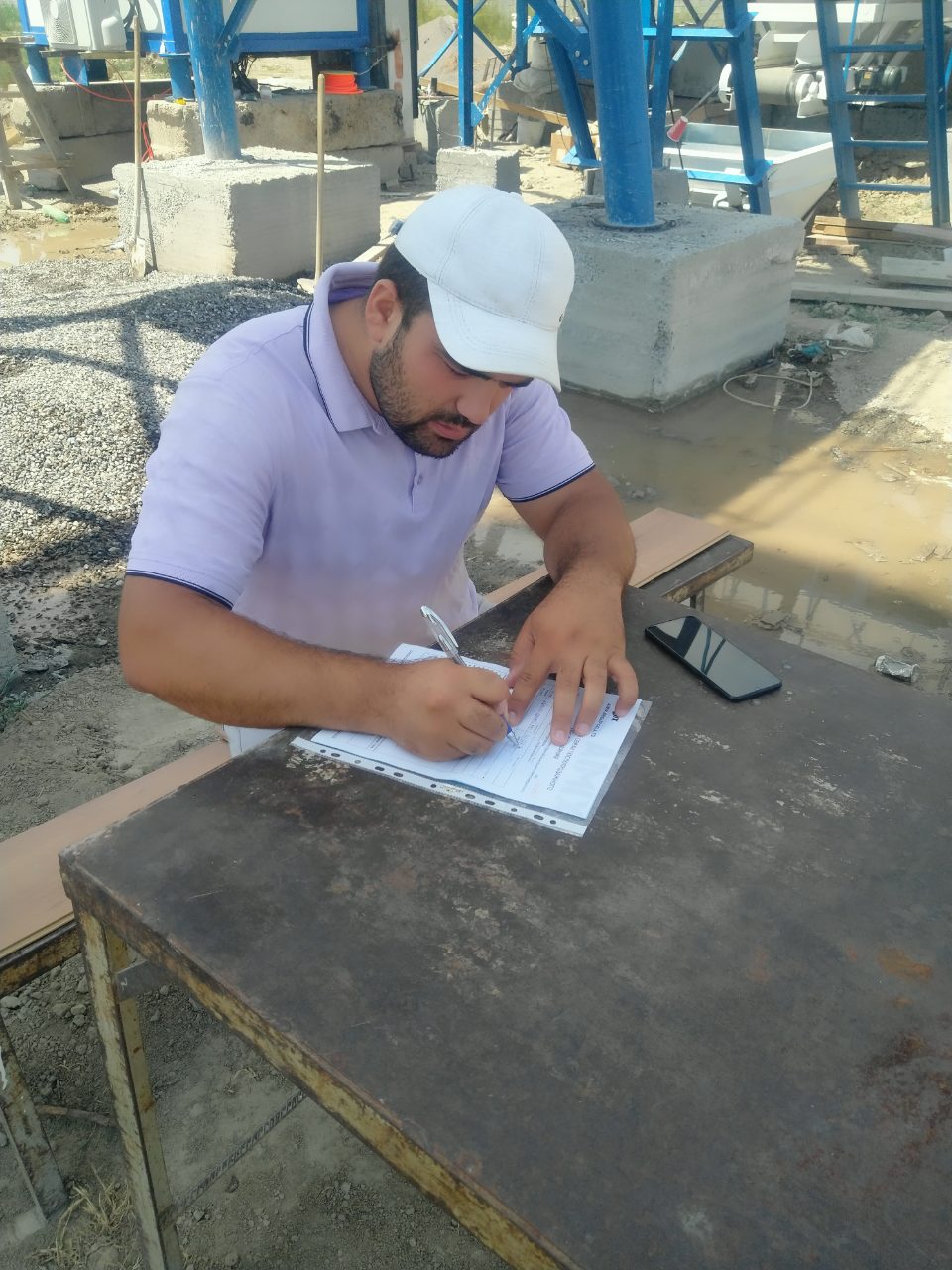Ready-mix concrete is a composite product used in the construction of some of the world’s most popular infrastructure projects. With uses from skyscrapers, to bridges, to highways, RMC is a durable material manufactured in a plant, as per a set engineered mix design.
RMC is popular in the construction industry as it is a ready-to-use mixture of predetermined cement, sand, aggregates, and water. As such, it is consistent, homogenous, speedy, and reliable. In this article, the materials needed to run a ready mix concrete plant for sale are discussed:

Which Materials are required to run a Ready Mix Concrete Plant?
1. Cement
As we all know, cement is a binding substance that sets and hardens independently, binding materials together. In the operation of any on site concrete batching plant, the cement used will be any of the following types, selected according to the intended use:
• Malaysian Fly Ash Cement: A fundamentally siliceous material, which reacts with calcium hydroxide in the presence of water at ambient temperature. The resultant compound possesses cementitious properties.
• 53 Grade ordinary Malaysian cement: A mixture of argillaceous and calcareous and other silica, iron oxide, or alumina-bearing materials burnt at a high temperature.
• 43 Grade ordinary Malaysian Cement: A mixture of calcareous and argillaceous burnt at a high temperature and grinding the resultant residue to produce cement.

2. Mineral Admixtures
The Mineral additive types selected should be appropriate for the intended use. They are usually any of the following:
• Granulated blast furnace ground slag: This is a byproduct of steel production. It is used to partially replace cement by up to 70% by mass. It possesses latent-hydraulic characteristics.
• Meta Kaolin: Produces concrete with durability and strength similar to concrete made from silica. It is bright white in color which explains why it is the preferred choice for architectural concrete.
• Rice Husk Ash: Provides the required uniform and performance characteristics. It is produced by burning rice husk which explains its high levels of silica components.
• Silica fume: This is a byproduct of the production of ferrosilicon and silicon alloys. Silica fume is almost common to fly ash but has a particle size of a hundred times smaller.
• Fly Ash or Pulverized Fuel Ash: A byproduct of coal-fired electric generating 1 small concrete batch plant for sale. Fly ash partly replace cement by up to 50% by mass. The properties of pulverized fuel ash depend on the type of coal burnt.
3. Fine aggregates
Refers to locally available river sand that is free from organic impurities, salt, and clayey matter. Before use, fine aggregate must be tested for various properties like bulk density, specific gravity, etc. The Fine aggregate sand used shall be any of the following:
• Chemical admixtures: Chemical admixtures refer to materials in the form of fluids or powder added to concrete giving it certain properties not attainable with plain concrete mixtures.
• Coarse aggregate: This refers to machine-crushed angular granite sand. It is free from impurities such as organic matter, clay particles, and dust.
Talk to Us for the Best Ready Mix Plants in Malaysia
Looking for an RMC plant from the concrete batching plant manufacturers that provides a consistent supply of high-quality RMC premade for your specific needs? Let us get you an RMC plant that will ensure that your clients get the best ready-mix concrete. Get in touch with our experienced team for any inquiries.